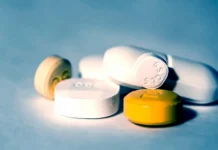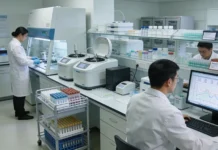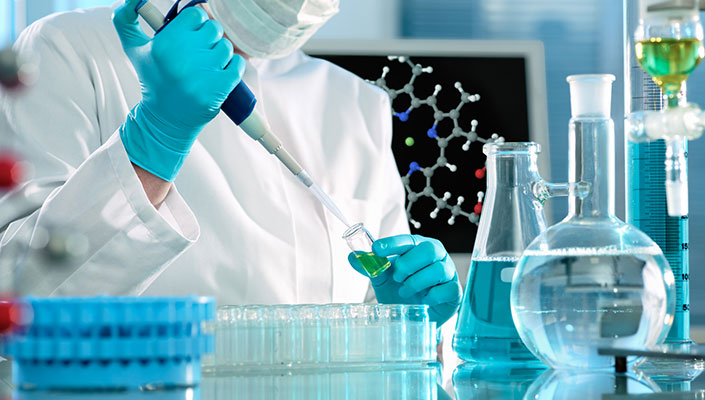The creation of a tool that can enable organic chemical processes that were not possible before has given the pharmaceutical business new ways to make effective drugs more quickly.
In the past, most drugs were put together using alkyl building blocks, which are small molecules that can be used in many different ways. But because it can be hard to mix different kinds of these chemicals to make something new, this way of making things isn’t ideal for making medicines that are very complicated.
A group of scientists have found a new type of stable nickel complex that could help solve this problem. A stable nickel complex is a molecular molecule that contains a nickel atom.
Scientists can mix this compound with other building blocks to explore new chemical space, according to Christo Sevov, the study’s lead investigator and an associate professor of chemistry and biochemistry at The Ohio State University. This is possible because the compound can be made directly from common chemical building blocks and is easy to separate.
Sevov said that there aren’t really any processes that can safely and specifically make the bonds they are making now with these alkyl pieces. They discovered that by temporarily adding nickel complexes to them, they can then sew on a wide range of other alkyl pieces to create new links between alkyls.
An average of ten years of study and development go into making a drug work before it can be sold. During this time, scientists also make thousands of failed drug options, which makes a process that is already very expensive and takes a lot of time even more difficult.
Chemists have had a hard time finding nickel alkyl complexes, but Sevov’s team was able to unlock their amazing properties by combining organic synthesis, metal chemistry, and battery science in a way that no one else had. Sevov said that with our tool, you can get chemicals that are much more specific for targets and may have fewer side effects for the person using them.
The study says that making a new molecule from a single chemical reaction can take a lot of time and work. However, their tool could make it possible for researchers to make up to 96 new drug versions in the time it would normally take to make just one.
The experts say that this will basically cut down on the time it takes to get life-saving medicines to market, make drugs work better while lowering the risk of side effects, and lower the cost of research so scientists can focus on serious diseases that affect fewer people. Sevov said that these kinds of progress also make it possible for scientists to study the bonds that make up the basics of basic chemistry and learn more about how these tricky bonds work.
Scientists from a number of pharmaceutical businesses are already working with the team. They want to use their tool to see how it changes the way they do things. Sevov said, “They want to make thousands of derivatives to fine-tune a molecule’s structure and performance.” That’s why we teamed up with the drug makers to really look into its power.
Last but not least, the team wants to keep improving their tool by eventually turning their chemical reaction into a catalytic process. This would let scientists speed up other chemical processes while using less energy.
Sevov said that they are working on making it so much better.



















